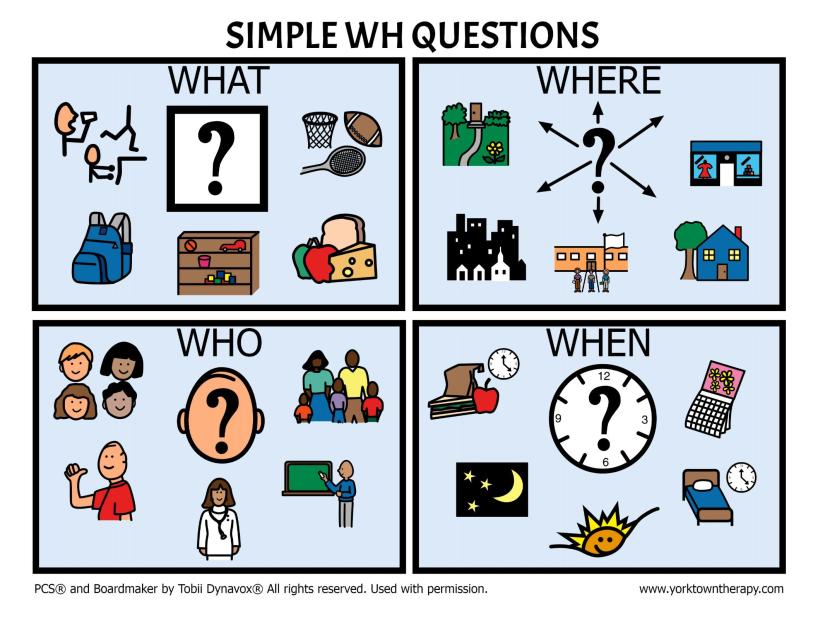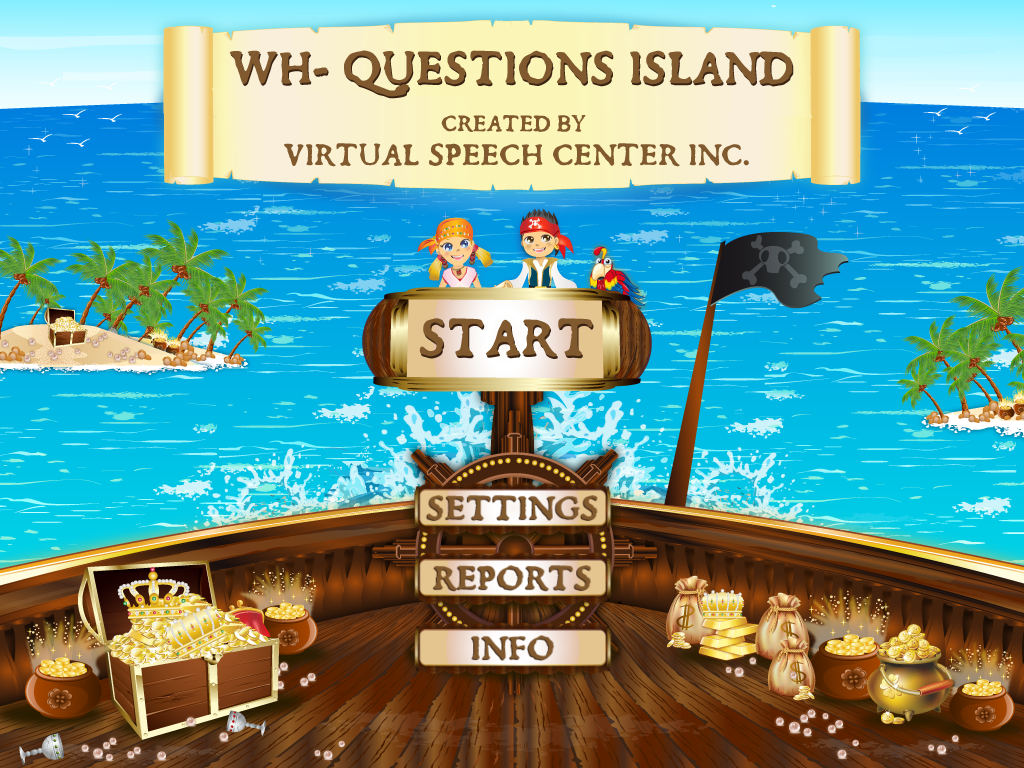Unleashing the Power of Online Games for Answering “What” Questions
In today’s digital age, we’re surrounded by an endless stream of information, making it increasingly difficult to separate facts from fiction. As we navigate this vast ocean of data, one crucial aspect of critical thinking has taken center stage: answering “what” questions. From science enthusiasts to curious learners, knowing what something is or does can unlock a world of understanding and discovery.
Why Online Games Matter
Traditional learning methods often rely on static information and memorization, leaving students lacking the critical thinking skills needed to tackle complex problems. Online games, however, offer an innovative approach by leveraging interactivity, engagement, and real-time feedback to help users develop a deeper understanding of “what” questions.
Key Insight 1: Interactive Exploration
The first step in answering “what” questions is to explore the topic through interactive means. Online games can simulate real-world scenarios, allowing players to experiment, observe, and analyze cause-and-effect relationships. For instance, a game on cellular biology might let users manipulate virtual cells to understand how different factors affect cell growth.
This hands-on approach not only makes learning more enjoyable but also enables users to develop problem-solving skills by identifying patterns, making connections between concepts, and refining their understanding through iterative processes.

Key Insight 2: Real-Time Feedback and Data Visualization
Another crucial aspect of online games for answering “what” questions is real-time feedback and data visualization. By providing immediate responses to user actions, games can help learners identify errors, correct misconceptions, and refine their understanding through experimentation and iteration.
Data visualization plays a vital role in this process by presenting complex information in an intuitive and easily digestible format. For instance, a game on climate change might display real-time temperature fluctuations, allowing players to visualize the impact of different variables on global warming.
This interactive approach enables learners to develop a deeper understanding of “what” questions by making connections between abstract concepts and concrete data. By visualizing complex information, users can better comprehend relationships between variables, identify patterns, and make informed decisions.
Key Insight 3: Peer-to-Peer Learning and Social Sharing
Online games for answering “what” questions often involve peer-to-peer learning and social sharing, fostering a sense of community and promoting collaborative learning. By allowing users to share their findings, discuss challenges, and learn from one another’s experiences, games can create a supportive environment that encourages learners to ask more questions, explore new topics, and develop a deeper understanding of complex concepts.
This social aspect is particularly important for answering “what” questions, as it enables learners to benefit from others’ insights, perspectives, and expertise. By leveraging the collective knowledge and experiences of the online gaming community, users can gain a more comprehensive understanding of the topic and develop a more nuanced appreciation for the complexities involved.
Conclusion
In this blog post, we’ve explored the potential of online games for answering “what” questions. By leveraging interactive exploration, real-time feedback, and data visualization, peer-to-peer learning, and social sharing, these games can provide learners with a unique opportunity to develop critical thinking skills and deepen their understanding of complex concepts.
As we continue to navigate the digital age, it’s clear that online games will play an increasingly important role in education. By embracing this innovative approach to learning, educators can help students develop the skills they need to succeed in an ever-changing world.
Unleash the Fun with Online Games
Get ready to answer your Wh questions in no time! Join our online gaming community and experience the thrill.
Start gamingUnleashing the Power of Online Games for Answering “What” Questions
In today’s digital age, we’re surrounded by an endless stream of information, making it increasingly difficult to separate facts from fiction. As we navigate this vast ocean of data, one crucial aspect of critical thinking has taken center stage: answering “what” questions. From science enthusiasts to curious learners, knowing what something is or does can unlock a world of understanding and discovery.
Why Online Games Matter
Traditional learning methods often rely on static information and memorization, leaving students lacking the critical thinking skills needed to tackle complex problems. Online games, however, offer an innovative approach by leveraging interactivity, engagement, and real-time feedback to help users develop a deeper understanding of “what” questions.
Key Insight 1: Interactive Exploration
The first step in answering “what” questions is to explore the topic through interactive means. Online games can simulate real-world scenarios, allowing players to experiment, observe, and analyze cause-and-effect relationships. For instance, a game on cellular biology might let users manipulate virtual cells to understand how different factors affect cell growth.
This hands-on approach not only makes learning more enjoyable but also enables users to develop problem-solving skills by identifying patterns, making connections between concepts, and refining their understanding through iterative processes.
Key Insight 2: Real-World Relevance
A crucial aspect of effective online games for answering “what” questions is real-world relevance. By linking abstract concepts to tangible applications, users can develop a deeper understanding of how the topic relates to everyday life. For example, an online game on climate change might challenge players to design and implement sustainable solutions for their community.
This connection to reality not only makes learning more meaningful but also encourages users to think critically about the impact of their decisions on the environment, society, and their own lives.
Key Insight 3: Feedback and Reflection
A key component of successful online games for answering “what” questions is timely feedback and reflection. By providing immediate responses to user actions, games can help players identify areas where they need improvement, adjust their strategies, and refine their understanding through iteration.
This process of testing, reflecting, and refining not only enhances learning outcomes but also fosters a growth mindset, encouraging users to embrace challenges as opportunities for growth and development.
Conclusion
In conclusion, online games offer a powerful tool for answering “what” questions by providing interactive exploration, real-world relevance, and timely feedback. By harnessing the potential of these games, educators can create engaging learning experiences that foster critical thinking, problem-solving skills, and a deeper understanding of complex topics.
As we continue to navigate this digital age, it’s essential to recognize the value of online games in shaping our understanding of the world around us. By embracing this innovative approach to learning, we can unlock new possibilities for discovery, creativity, and personal growth – and that’s what makes it all worth it.
Amazon Kindle Paperwhite 6-inch Wi-Fi Wi-Fi Price Tracker: Stay ahead of the game with our Amazon Kindle Paperwhite price tracker. Get notified when prices drop, and discover the best deals on this popular e-reader.
Thank you for visiting our online retail store – your questions answered: Got questions about shopping with us? We’ve got answers! From product information to shipping policies, we’re here to help. Learn more about what you can expect when shopping with us.


